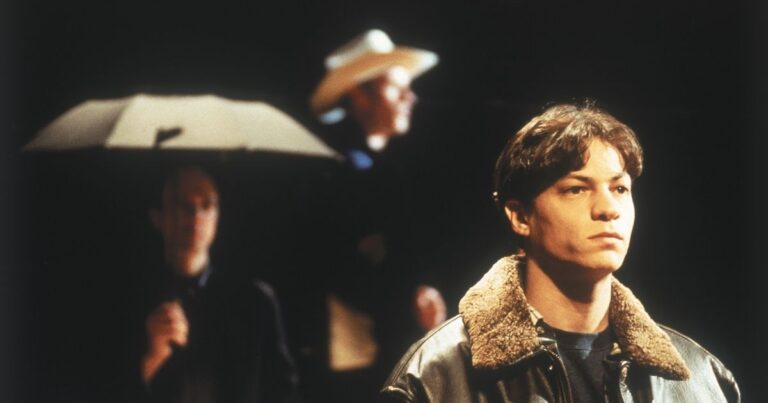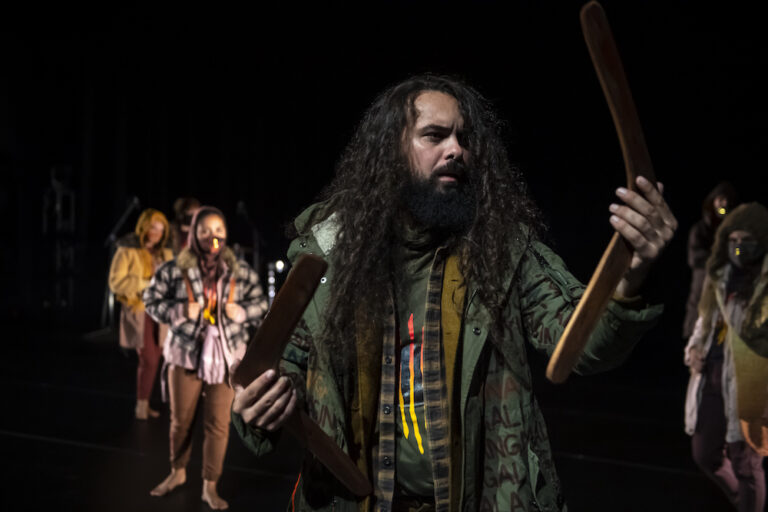
A whispering in the heart

BY DANIEL LOK
A large family gathers in the bush, eating a roasted sheep together. They are relieved and hungry. There is a rustling in the bush. They cautiously go to look, then, “Bang! Bang! Bang!” The gunshots ring through the valley, followed by a deafening silence.
This shocking violence against Aboriginal families occurred across Australia too many times. In the next three minutes I will tell you a little of what happened and how we can acknowledge it. This story, the story of an attempted genocide, has been referred to as “the whispering in the bottom of our hearts”.
Did you know that in Australia there were at least 270 recorded Aboriginal massacres in 140 years? In one year, there were up to eight massacres in a single area, each taking about 10 lives and injuring five.
Many more took place but were not recorded.
Death toll exceeded 100,000
The estimated death toll exceeded 100,000. In only one massacre out of all of these were the killers punished. Following the 1838 Myall Creek massacre, seven of the killers were hanged.
As Aboriginal people lost their land, food during this time was scarce and when desperate, they resorted to killing settlers’ livestock. Settlers and soldiers retaliated with deadly consequences. The British knew that the Aboriginal people were hungry, so they put out bread poisoned with strychnine and it took many lives.
The British turned other Aboriginal people against each other by promising a home in society, money, and food. These special police were referred to as the “Native Police” and were also involved in some attacks.
The killings happened because, just like the Aboriginal people, the European settlers were bound in chains. These were not physical chains but mental ones, locking away the truth and stopping them from accessing it. The truth was that there were people on this land and Terra Nullius, meaning uninhabited land, was a lie. Until recently in schools, children were taught that the British came and gave Aboriginal people food, medicine, and shelter. It was like learning in a room with only one window, only one perspective to see our history, when there is a completely different story to be told.
These are unforgivable acts, but we can try to recognise them. We can move forward with our relationship with Aboriginal people by firstly addressing the intergenerational trauma caused by these acts.
The effects of trauma
With trauma comes very poor health which can affect life expectancy by almost 10 years.
Education will also be affected, which may lead to poverty and incarceration from making bad decisions.
It is going to be a struggle to close the gap between healthy people and traumatised ones.
We must also learn from others’ mistakes throughout history and treat people the same, unlike the British to the Aboriginals, or Hitler to the Jews. We must acknowledge the people who called this land home more than 60,000 years ago.
You may think this doesn’t concern you because you have moved here from another country, or you didn’t do it – it doesn’t matter. But we are using this land and by being citizens here we are taking on the history of this country many call home. Only by recognising the truth of how we came to be who we are can we move forward and make choices as a country about who we want to be as a community.
Daniel Lok is a Trinity Grammar School, Year 6 student. He recently delivered this speech at Reconciliation Australia’s monthly staff meeting in Canberra.









